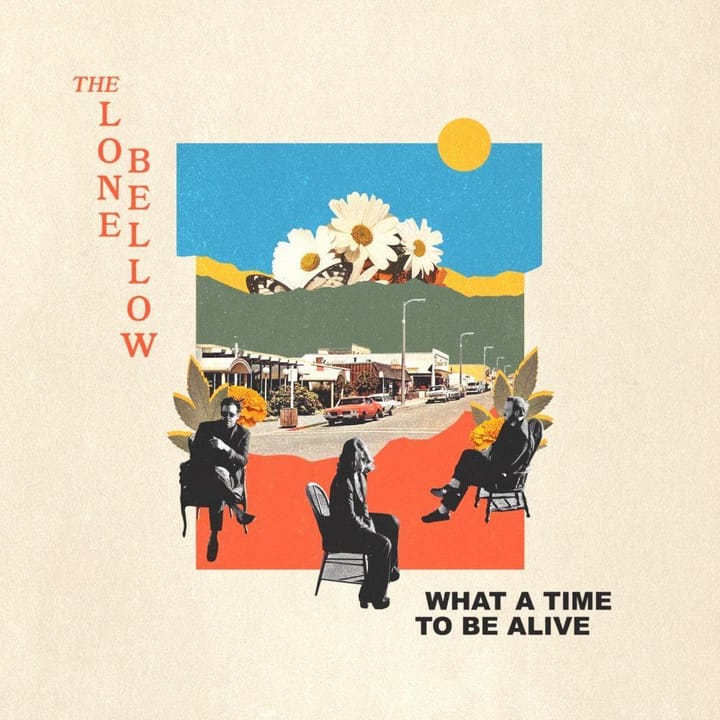Half a century ago, Anita Carter's stardom seemed assured. Her magnificent Appalachian soprano and physical beauty were unequaled. She had two 1951 hit duets with Hank Snow. She sang with Hank Williams on a 1952 appearance on Kate Smith's television show. Yet that year, demure, mature Kitty Wells broke through with "It Wasn't God Who Made Honky Tonk Angels".
Bear Family's comprehensive boxes reflect the highs and lows of an artist's career. The highs usually win out, but not this time. These 173 songs reflect a preponderance of flat or uneven performances for which one can't blame only producers or material. Much as she was admired in the industry, for the modest, taciturn Anita, pursuing hits simply wasn't a priority.
When Mother Maybelle added her three daughters to the original Carter Family in the late 1930s, June became the vivacious comedienne, Helen the utility musician, and Anita the bass player with that remarkable voice. The structure continued as the original Carters gave way to Mother Maybelle & the Carter Sisters in the '40s. Close as they were, June, the most ambitious, envied her sister's voice, and Anita remained uncomfortable outside her designated role.
Note-perfect as she was on her 1950-52 RCA solo recordings, Anita often pulled punches. Her producers tried everything. At her first Columbia session in 1953, Don Law added a string quartet -- the first such session in Nashville. Back at RCA in 1955, produced by ex-Carter Sisters guitarist Chet Atkins, she became one-third of 'Nita, Rita and Ruby, RCA's close-harmony country answer to pop music's Fontaine and McGuire Sisters. The trio's hot, spunky records, too pop for country and vice versa, tanked. Anita's own singles remained inconsistent. When Atkins tried getting her to rock on the 1940s R&B hit "He's A Real Gone Guy", the band overwhelmed her timid vocal.
The multitude of mismatches ended in 1962 when Mercury recast Anita as a folk chanteuse. She blossomed on two stellar acoustic albums of modern folk and traditional tunes. One magnificent single introduced "(Love's) Ring Of Fire", a new ballad by June Carter and Merle Kilgore. Johnny Cash, who'd just added the Carters to his stage show, waited six months. When Anita's single didn't take off, he recorded his own classic version. Her second Mercury album, recorded in New York by seasoned folk producer Milt Okun, featured folk songs, Carter favorites, and tunes by Bob Dylan and Tom Paxton.
That musical Camelot faded too quickly. Her 1965-68 return to RCA yielded a hit duet with Waylon Jennings and mediocre singles reflecting Atkins' reliance on formula production. Subsequent United Artists and Capitol producers drowned her in syrupy Nashville Sound symphonics.
Entering her 60s and seemingly content with the career she had, Anita faced more formidable obstacles. The medications for her rheumatoid arthritis so debilitated her that she quit touring in 1995. A year later, she and Helen (who died in 1998) came full circle by recording six final tunes in Bristol, where it began for the original Carters in 1927. This marks the first release of those recordings. Singing five Carter originals and a Dylan tune, Anita Carter ended as she began: within the family fold. Her body was ailing, but the voice remained.




Comments ()